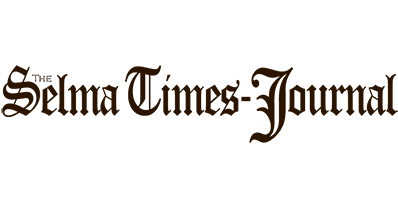We can learn a lot listening to others
Published 9:47 pm Monday, August 29, 2016
By MICHAEL BROOKS | Guest Columnist
Some gremlins came to church last week. The projector didn’t work and the soloist’s microphone didn’t work, either. Oh, my. I felt sympathy for the soloist since there but for the grace of God go I. Public speakers are, in large venues, almost entirely dependent on sound operators.
For many years Winston was our sound operator in a former church. He loved the Lord and was faithful, but he was almost deaf since he was a weaver in the Fairfax mill before hearing protection was required. Sometimes the system would squawk or squeal and I’d look back at Winston who just smiled back, unaware of what the rest of us heard.
I remember an episode of the Andy Griffith show in which Deputy Fife wanted to sing a solo in the town’s spring production. Sheriff Taylor was able to turn off Barney’s mike and have Gomer sing off-stage. Barney brought the house down with his wonderful solo!
I suppose one way to silence a speaker is to turn off the microphone. But there’s another way.
Research demonstrates a phenomenon known as “confirmation bias.” According to a Stanford University study this occurs when a person is confronted with facts proving a belief is wrong. Instead of changing their mind, a person can disregard the proof and harden their false belief. Thus confirmation bias has occurred. A similar study at Emory University found that a majority will give greater weight to a weak argument supporting their views than to a stronger argument refuting their views!
We did an exercise at Auburn many years ago, based on NASA training, that I’ve continued to use in classrooms ever since. The scenario supposes a crash on the moon, and survivors must salvage what supplies they can and make it back to the mother ship. Participants in the exercise number the items in order of importance and their responses are scored. Then participants are grouped and work on the exercise together. Without exception the group exercise is more accurate than the individual exercises.
The “moon walk” exercise demonstrates the value of group experience. Groups working together can make better decisions, more accurate decisions and foster ownership of an issue. Thus churches have committees or teams and industry has task groups for good reason. We do better work when we include others and learn from them.
The New Testament writer James exhorted his readers, “Understand this, my dear brothers and sisters: You must all be quick to listen, slow to speak, and slow to get angry” (James 1:19, NLT).
Wise people listen to one another and learn from one another.
And when confronted with the facts, they change their mind and their actions to correspond with the truth.





